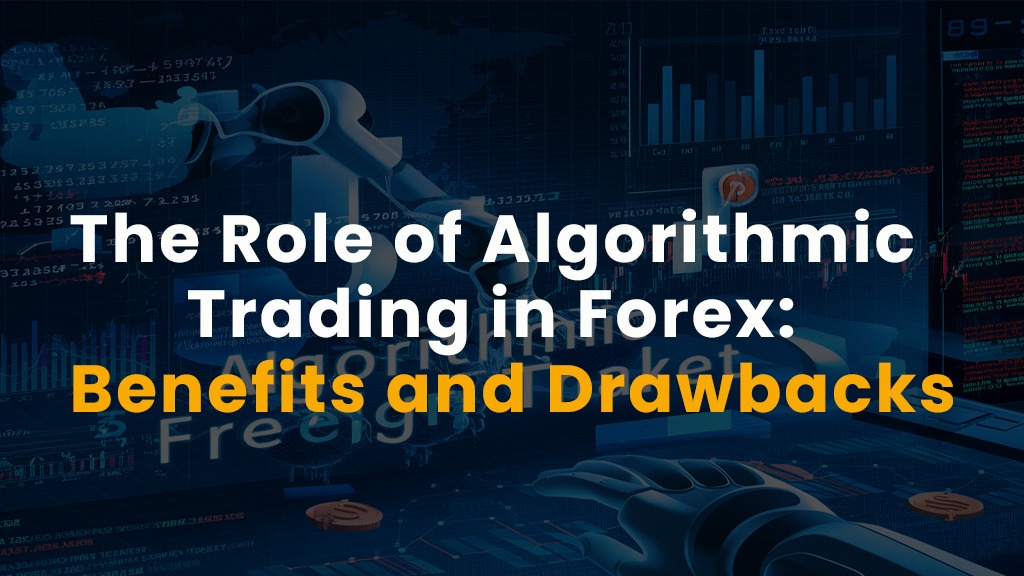
Introduction
Algorithmic trading, or algo trading, has revolutionized the forex market by introducing sophisticated, automated trading strategies. Leveraging algorithms allows traders to execute trades with precision and speed that would be impossible manually. In this blog, we’ll explore the benefits and drawbacks of algorithmic trading in forex to help you understand its role in modern trading.
Benefits of Algorithmic Trading
1. Speed and Efficiency
- Rapid Execution: Algorithms can execute trades in milliseconds, taking advantage of small price movements and reducing slippage.
- Increased Frequency: High-frequency trading (HFT) algorithms can handle thousands of trades per second, capturing numerous profit opportunities.
2. Precision and Accuracy
- Rule-Based Trading: Algorithms follow predefined rules and parameters, eliminating human errors and emotional biases.
- Backtesting: Algorithms can be rigorously backtested on historical data to refine strategies and improve accuracy.
3. Consistency and Objectivity
- Emotion-Free Trading: Algorithms operate based on data and logic, avoiding emotional decisions that can lead to inconsistent trading results.
- 24/7 Trading: Automated systems can trade around the clock, ensuring you don’t miss opportunities due to time zone differences or personal constraints.
Drawbacks of Algorithmic Trading
1. Technical Challenges
- Complexity: Developing and maintaining algorithms requires advanced technical skills and understanding of programming and statistical analysis.
- System Failures: Technical issues such as connectivity problems or software glitches can disrupt trading and lead to significant losses.
2. Over-Reliance on Historical Data
- Past Performance: Algorithms are often based on historical data, which may not always predict future market conditions accurately. Market dynamics can change, rendering past data less relevant.
- Adaptation Issues: Algorithms may struggle to adapt to sudden market changes or unprecedented events that weren’t included in the backtesting phase.
3. Market Impact and Competition
- High Competition: The rise of algorithmic trading has intensified competition among traders and increased market efficiency, making it harder to gain an edge.
- Market Impact: Large algo trades can affect market liquidity and lead to unexpected price movements, especially in less liquid markets.
Conclusion
Algorithmic trading offers significant advantages in terms of speed, precision, and consistency, making it a valuable tool for modern forex traders. However, it also comes with challenges related to technical complexity, over-reliance on historical data, and heightened competition. Understanding both the benefits and drawbacks can help traders make informed decisions about incorporating algorithmic trading into their strategies.
Read More To Visit Fintecmarkets.com
